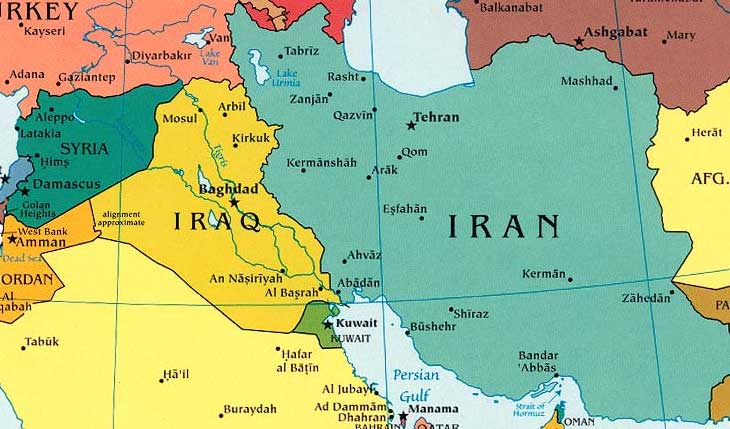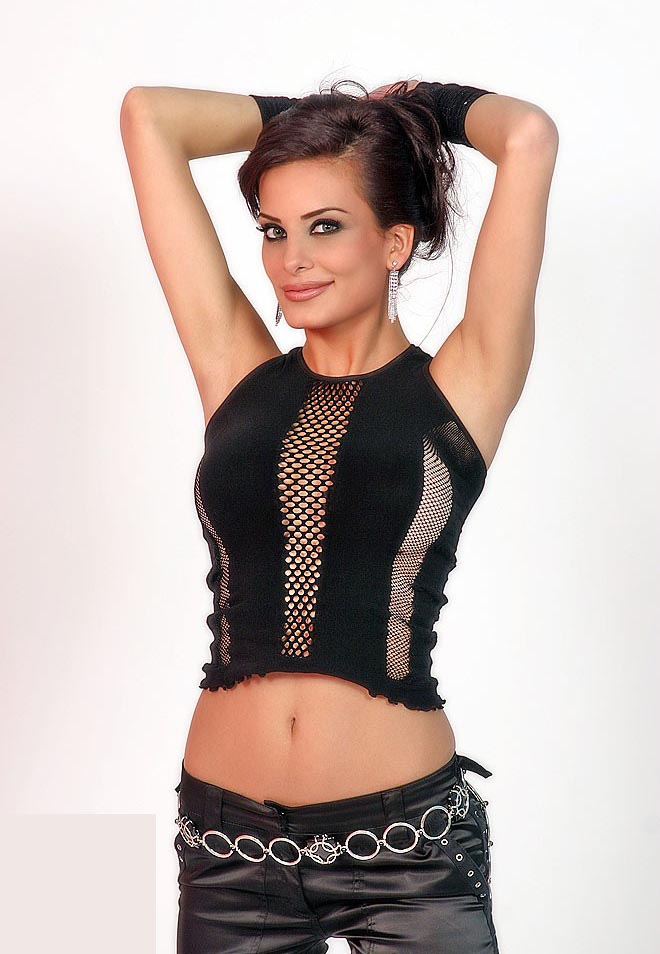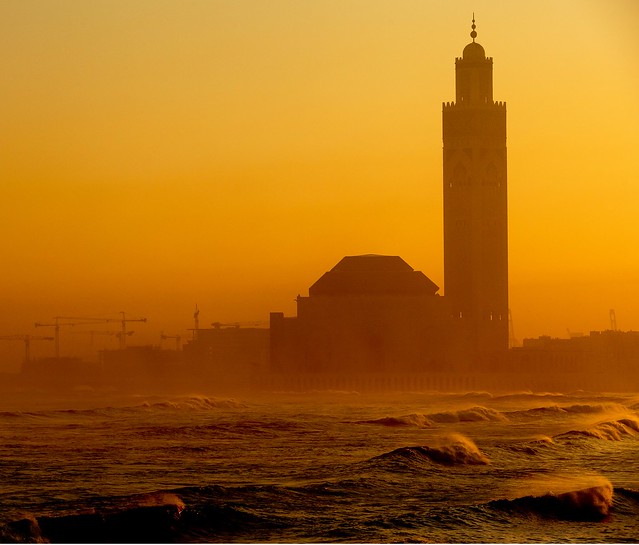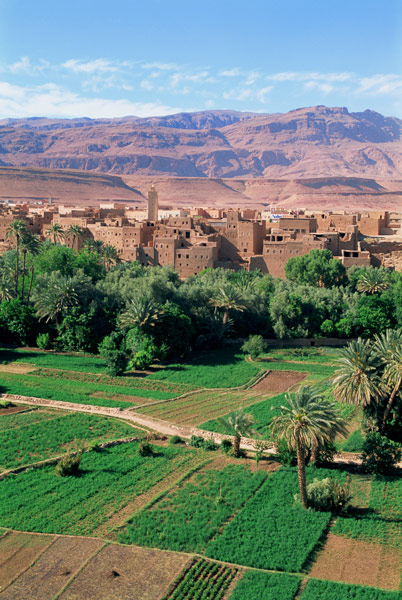Author's note:
This is an article I recently submitted to The Humanitarian, a newspaper that my friend recently started in Western Massachusetts. I am acting as her "foreign correspondent" in Morocco.
-------
This Friday, in collaboration with the Arab League and the U.N Security Council, Morocco distributed a draft of the Arab-European resolution among members of the U.N. Security Council on the violence that the Syrian government has been inflicting on its own people since the summer of 2011. The document expresses, “grave concern” for how the situation in Syria has been rapidly deteriorating despite the presence of Arab League observers in the country and calls for an immediate end to the violence. The drafted resolution also cites the continued transfer of weapons into Syria as a major contributor to the rising casualty count of citizens and calls on member states to abide by requests to halt any future transfers. While the document firmly orders an end to the widespread and abhorrent human rights violations by Syrian authorities, the document also stresses that it is fully committed to Syria’s best interest through promoting its sovereignty, independence, and territorial integrity and solving the crisis in a peaceful manner, which includes letting those who fled the country a safe return home.
The online English newspaper Al-Arabiya News obtained a copy of the new draft, in which it clearly lists the wide range of atrocities committed by the Syrian government on its own people, “the use of force against civilians, arbitrary executions, killing and persecution of protesters and members of the media, arbitrary detention, enforced disappearances, interference with access to medical treatment, torture, sexual violence, and ill-treatment even against children”. The document continues by stating that all those who are found to be responsible for human rights violations must be held accountable for their actions.
With the goal of the resolution being a peaceful end to violence in Syria, the drafted document recognizes that peace and stability in Syria is the key to ensuring peace and stability in the entire region. The document outlines the realization of this goal by Syria completing the following steps: ending all violence, releasing political prisoners, withdrawing all Syrian military and security forces from towns and cities, guaranteeing the freedom of peaceful demonstrations, and allowing full access and movement for all relevant Arab League officials and institutions. The international community has more to be concerned about with than just the rising casualty count. Syria is a fragile geopolitical keystone that both the Arab League and the U.N. depend on to act in their collective best interests in order to secure their influence in the region.
While still speculative, this document holds the potential to change the way Morocco is perceived in the international community. As an example of political and economic stability in a region that has been filled with uprisings and uncertainty, many nations are looking to Morocco as the beacon of regional hope. If this drafted resolution is successful this could mean Morocco becoming a more influential player in international policy decisions.
A brief history of the Arab League
The Arab League, officially called the League of Arab States, was formed in Cairo on March 22, 1945. There are currently 22 official members and four observers, since Syria’s membership was suspended in November 2011.
The Arab League was originally formed around the era of pan-Arabism with the goal of strengthening and coordinating political, cultural, economic, and social programs of all members and mediating disputes among them or with third parties. Over the last six and a half decades, the Arab League has focused on creating a close-knit relationship among members through considering the affairs and collective interests of all involved countries while protecting their independence and sovereignty. One of the most famous examples of the Arab League’s ability to limit conflicts was the 1958 Lebanon Crisis. The League has also historically served as a platform for the drafting and conclusions of many important documents that promote economic integration among members.
















